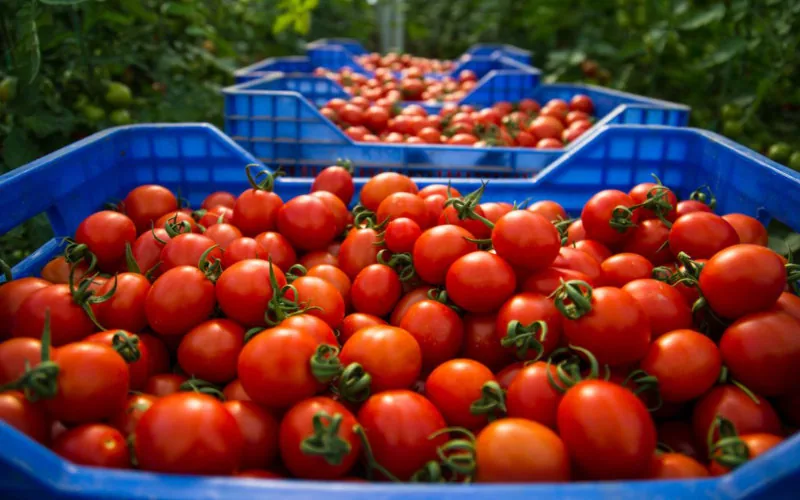Carrefour Accused of Mislabeling Saharan Tomatoes as Moroccan, Sparking EU Traceability Concerns

The Federation of Consumers and Users (CECU) and the Coordination of Farmers’ and Livestock Producers’ Organizations (COAG) have initiated a joint administrative procedure for suspected labeling fraud. The complaint targets cherry tomatoes marketed by Carrefour and supplied by the Azura Group, whose stated origin is Moroccan while their actual provenance is the Sahara.
This complaint, filed with the Directorate General for Consumer Affairs of the Spanish government, concerns products distributed in several provinces, notably in Madrid, Jaén, Seville and Murcia. According to the complainants, this practice, if proven, "undermines confidence" in the European Union’s food traceability system. Consequently, they are calling on the authorities to "investigate" and "sanction" the responsible companies.
According to Andrés Góngora, head of fruits and vegetables at COAG, the responsibility would mainly lie with the supplier, the Azura Group. Although its headquarters are in France, the company has significant production infrastructure in Morocco and the Sahara, where it would operate more than 400 hectares of greenhouses. It is specified that the product arrives at Carrefour "already packaged with the printed origin designation," which would directly implicate the Azura company in the labeling process, reports ABC.
The approach of the two organizations is based on a specific European legal framework, reinforced by two rulings of the Court of Justice of the European Union (CJEU) dated October 2024. The first ruling excludes Saharan products from the EU-Morocco Association Agreement and its tariff advantages. The second, with immediate effect, imposes an obligation to differentiate labeling, explicitly mentioning Western Sahara as the territory of origin for products originating there, including tomatoes.
Beyond informing the consumer, the issue is also economic. Andrés Góngora recalls that "farmers have been fighting for a long time" against what they describe as unfair competition. As production costs are lower in Morocco, the import of products with what they consider non-compliant labeling directly affects the competitiveness of the national sector. "What comes from the Sahara must indicate that it comes from the Sahara," he insists, adding: "We denounce that there has been fraud in the labeling."
When questioned on this subject, the Carrefour group communicated its official position: "We want to convey that Carrefour respects its obligations in terms of product labeling and traceability." The retailer also says it is ready to apply "any new labeling or regulatory requirement" and is "available to the competent authorities." It should be noted that a precedent exists in France, where the Azura group was the subject of a denunciation for similar practices last January.
For now, the procedure is following its administrative course. The complainants are demanding that the Spanish state enforce the legislation in force. "We want the Spanish state to fulfill its obligation, especially since there is a European ruling to that effect," concludes Andrés Góngora. If the response from the Consumer Affairs services is deemed insufficient, the complaint could be brought before the courts.
Related Articles
-

Jobless Spaniard Ordered to Repay €12,000 for Secret Morocco Trips While on Benefits
23 July 2025
-

Qatar’s Air Force One Gift to Trump Alarms Spain: North African Power Shift Looms
23 July 2025
-

From Scrap Metal to Real Estate Empire: Moroccan Immigrant’s 50 Million Euro Success Story
22 July 2025
-

Spain Streamlines Moroccan Driver’s License Recognition with New Digital Process
22 July 2025
-

11-Year-Old Moroccan Prodigy Revolutionizes Science Education on YouTube
22 July 2025